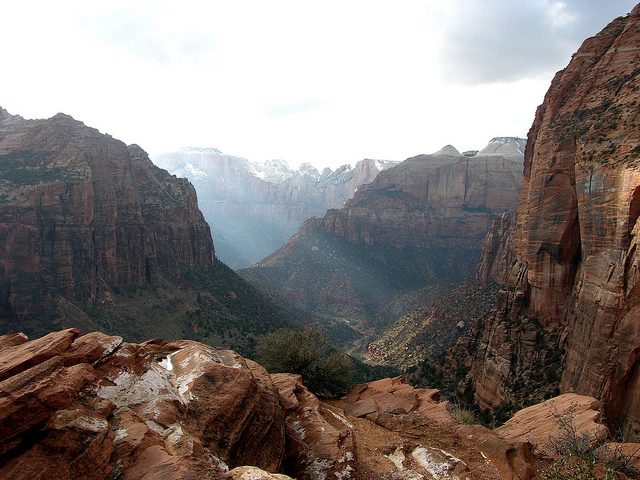By: Zoe Melnyk
While traveling through the vast and beautiful Canadian Rockies this summer, a friend informed me that, “Oh yeah, you can take an expedition course and become a trainer in basically anything you could possibly want that involves the outdoors.”
All at once, the past two years flashed before my eyes, along with the two long years ahead of me.
“Uh, what,” I replied.
“Yeah, it’s like an expedition school or something,” he said, so nonchalantly.
I mean, of course I like my major. I like my city. However, I can’t help but feel a little slighted that I am spending four years and an outlandish amount of money on a bachelor degree when I could have spent a fraction of said time and money on an education that could have lead me on unbelievable adventures amongst nature.

Obviously, I had to do a little research. It never hurts to wander into the land of “what-ifs.” Actually, that’s a lie, but I couldn’t quite help myself.
Not five minutes into a google search of “outdoors training in North America” and I found the School for International Expedition Training (SIET).
SIET is located across Idaho, Wyoming, Utah, Colorado and California. I know, I know, I was skeptical too. Some of those destinations don’t exactly seem very adventurous, but don’t let the prejudice thoughts fool you. Apparently, Idaho, Wyoming and Utah host some first-rate mountains, lakes, and forests.

Not to mention, some of the courses are offered in Peru and Argentina. Machu Picchu, anyone?
Classes range from ski mountaineering,to rock climbing, all the way to ice climbing, with prices going from $350 USD to $840 USD.
With the cost of college tuition in America averaging between roughly $9,500 per year for in-state public school to about $32,500 per year for private school, it seems a little ridiculous to completely disregard these adventure courses.

You might be wondering, as I did, what’s the catch? There’s no way that a course that costs less than one grand can actually provide me with any applicable skills.
Well, according to SIET’s website, its mission involves “providing risk management, technical, and leadership training to aspiring mountain guides, outdoor educators, and mountaineers.”
And apparently students that “graduate” from one of the programs will “become employable with certificates of completion and a skill set that meets industry standards.”
Not to mention, the school claims to be 30% to 50% cheaper than comparable courses.
Like I said, I’m satisfied with the path I’ve taken in life and this article is not meant to send anyone into an existential crisis. However, if you’re having troubles deciding on a major and you feel deep within your bones that a university degree is not for you, just look at this as a possible alternative.



